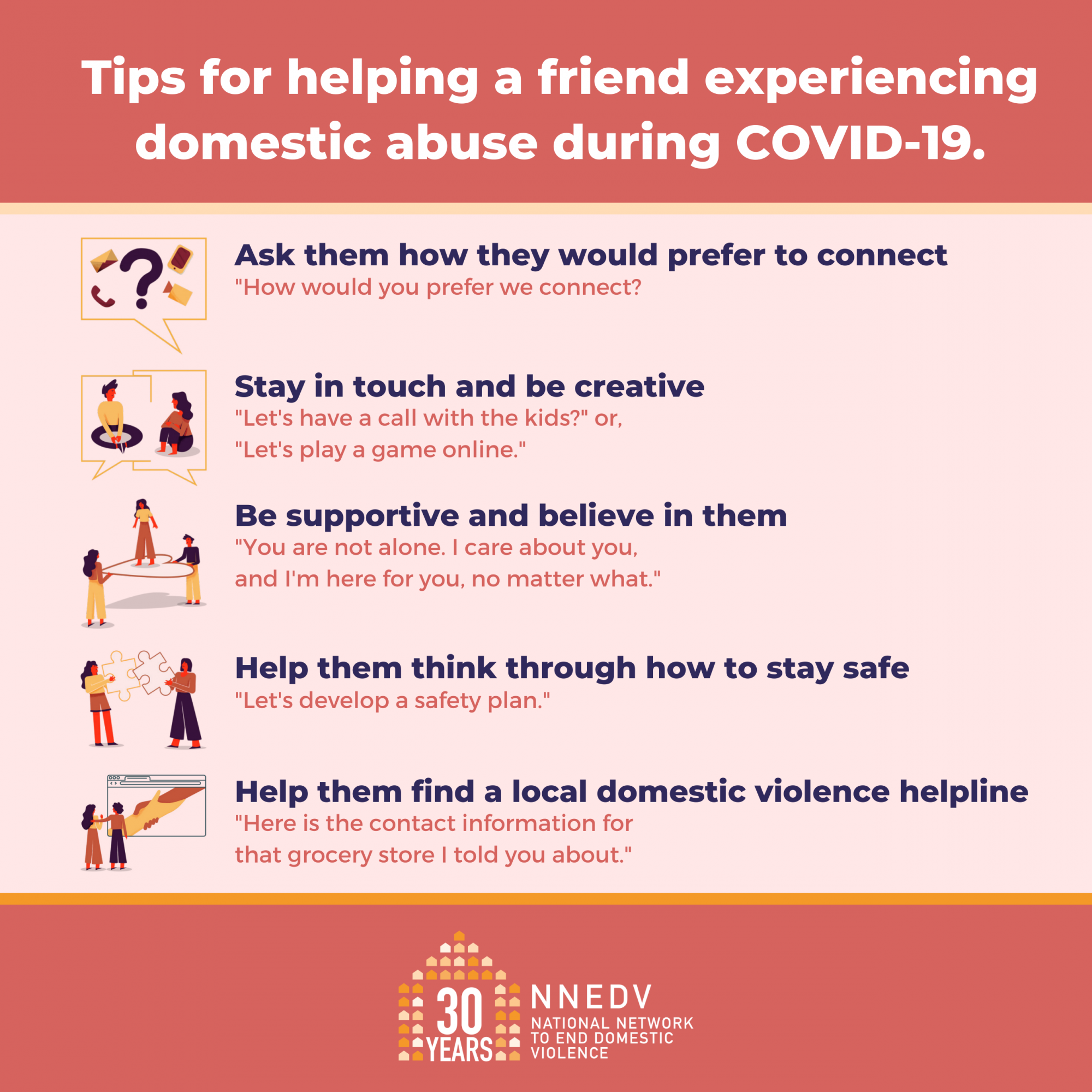When it is a viable option, it is best for victims to do what they can to escape their abusers. However, this is not the case in all situations. Abusers repeatedly go to extremes to prevent the victim from leaving. In fact, leaving an abuser is the most dangerous time for a victim of domestic violence. One study found in interviews with men who have killed their wives that either threats of separation by their partner or actual separations were most often the precipitating events that lead to the murder.
A victim's reasons for staying with their abusers are extremely complex and, in most cases, are based on the reality that their abuser will follow through with the threats they have used to keep them trapped: the abuser will hurt or kill them, they will hurt or kill the kids, they will win custody of the children, they will harm or kill pets or others, they will ruin their victim financially -- the list goes on. The victim in violent relationships knows their abuser best and fully knows the extent to which they will go to make sure they have and can maintain control over the victim. The victim literally may not be able to safely escape or protect those they love. A recent study of intimate partner homicides found 20% of homicide victims were not the domestic violence victims themselves, but family members, friends, neighbors, persons who intervened, law enforcement responders, or bystanders.
Additional barriers to escaping a violence relationship include by are not limited to:
- The fear that the abuser's actions will become more violent and may become lethal if the victim attempts to leave.
- Unsupportive friends and family
- Knowledge of the difficulties of single parenting and reduced financial circumstances
- The victim feeling that the relationship is a mix of good times, love and hope along with the manipulation, intimidation and fear.
- The victim's lack of knowledge of or access to safety and support
- Fear of losing custody of any children if they leave or divorce their abuser or fear the abuser will hurt, or even kill, their children
- Lack of means to support themselves and/or their children financially or lack of access to cash, bank accounts, or assets
- Lack of having somewhere to go (e.g. no friends or family to help, no money for hotel, shelter programs are full or limited by length of stay)
- Fear that homelessness may be their only option if they leave
- Religious or cultural beliefs and practices may not support divorce or may dictate outdated gender roles and keep the victim trapped in the relationship
- Belief that two parent households are better for children, despite abuse
Source: National Coalition Against Domestic Violence






